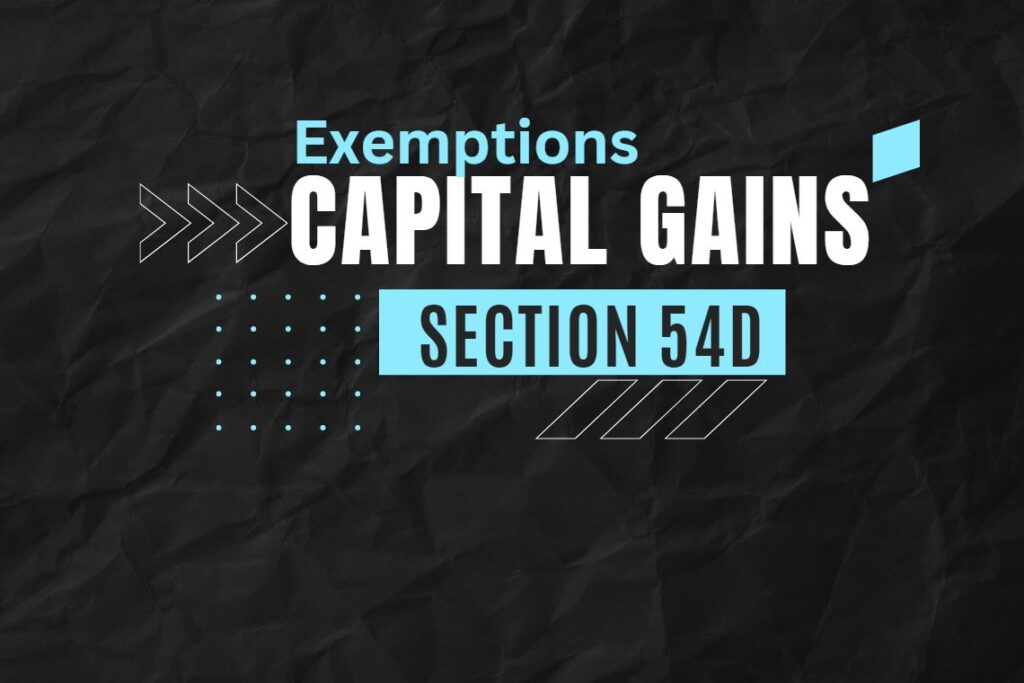Zero-coupon bonds, also known as deep discount bonds, are fixed-income securities that do not pay periodic interest (coupons) during their term. Instead, they are issued at a discount to their face value and mature at face value. The gain or profit arising from the redemption or maturity of zero-coupon bonds is typically treated as a form of capital gain for tax purposes. The specific tax treatment can vary by jurisdiction, but we’ll provide a general overview of how it’s often handled:
(1) Meaning of Zero-Coupon Bond [Section 2(48)]:
“Zero coupon bond” means a bond—
(a) issued by any infrastructure capital company or infrastructure capital fund or infrastructure debt fund or public sector company on or after the 1St day of June, 2005;
(b) in respect of which no payment and benefit is received or receivable before maturity or redemption from infrastructure capital company or infrastructure capital fund or infrastructure debt fund or public sector company; and
(c) which the Central Government may, by notification in the Official Gazette, specify in this behalf.
(2) Maturity and Redemption of Zero-Coupon Bond to be regarded as a Transfer [Section 2(47)]:
As per clause (b) above, the payment of and benefit from zero coupon bond shall be received or receivable from the issuing company/fund only at the time of maturity or redemption. Consequently, clause (iva) has been inserted in section 2(47) to provide that the maturity or redemption of a Zero-Coupon Bond shall be regarded as a transfer.
(3) Transfer of Zero-Coupon Bond will be subject to Capital Gain Tax:
The profits arising on the transfer of such Zero-Coupon Bond shall be chargeable under the head “capital gains”. Further, if such Zero-Coupon Bonds are held for not more than 12 months, such capital asset shall be treated as short-term capital asset and hence shall be subject to short-term capital gain. On the other hand, where these bonds are held for more than 12 months, such capital gain shall be treated as long-term capital gain.
(4) Taxability of Long-Term Capital Gain from Zero-Coupon Bond [Proviso to Section 112(1)]:
The long-term capital gain on zero coupon bonds shall be chargeable to tax at 10% of long-term capital gain without indexation of cost of such bonds.
(5) Accrual of Interest:
While zero-coupon bonds do not make periodic interest payments, the bondholder is deemed to earn interest over the life of the bond, even though it’s not received until maturity. This accrued interest is the difference between the face value of the bond and the price at which it was purchased.
(6) Tax Classification:
The gain realized upon the maturity or redemption of zero-coupon bonds is typically considered a form of capital gain for tax purposes. The classification of this gain as short-term or long-term depends on the holding period of the bond.
(7) Short-term Capital Gain:
If the zero-coupon bond is held for one year or less before redemption, the gain is usually classified as a short-term capital gain. Short-term capital gains are typically subject to higher tax rates compared to long-term capital gains.
(8) Long-term Capital Gain:
If the bond is held for more than one year before redemption, the gain is generally considered a long-term capital gain. Long-term capital gains often receive more favorable tax treatment, with potentially lower tax rates.
(9) Taxation Rates:
The tax rates for capital gains can vary from one country to another and may depend on the individual’s total income, the presence of any tax treaties, and other factors. It’s essential to consult the tax laws of your specific jurisdiction or seek advice from a tax professional to determine the exact tax rates applicable to your situation.
(10) Tax Reporting:
Bondholders are typically required to report the gain from the maturity or redemption of zero-coupon bonds in their annual tax returns. Accrued interest may also need to be reported, even though it was not received until maturity.
(11) Tax Deferral:
Some jurisdictions may allow for tax deferral on the accrued interest until the bond matures. In such cases, taxpayers may not be required to report the accrued interest as income until the bond matures.
(12) Tax Exemptions and Deductions:
Some jurisdictions may provide exemptions or deductions for certain types of capital gains, depending on factors like the age of the bondholder, the use of the proceeds, or other specific circumstances.











